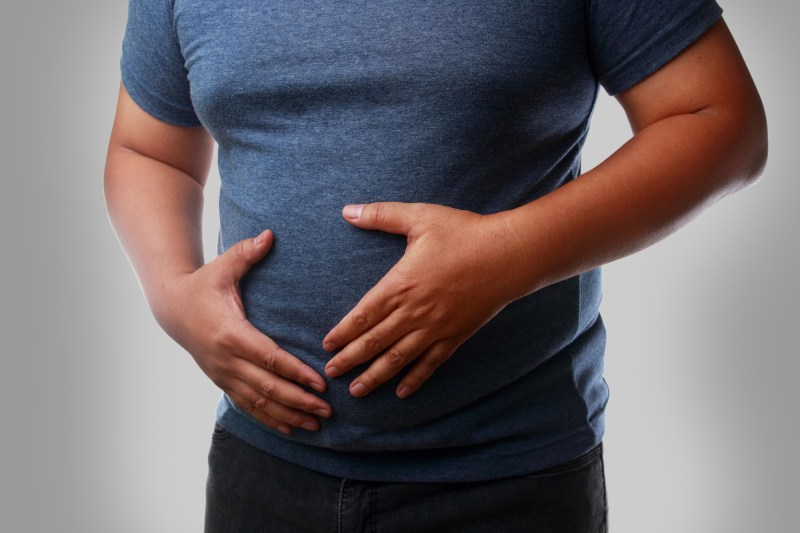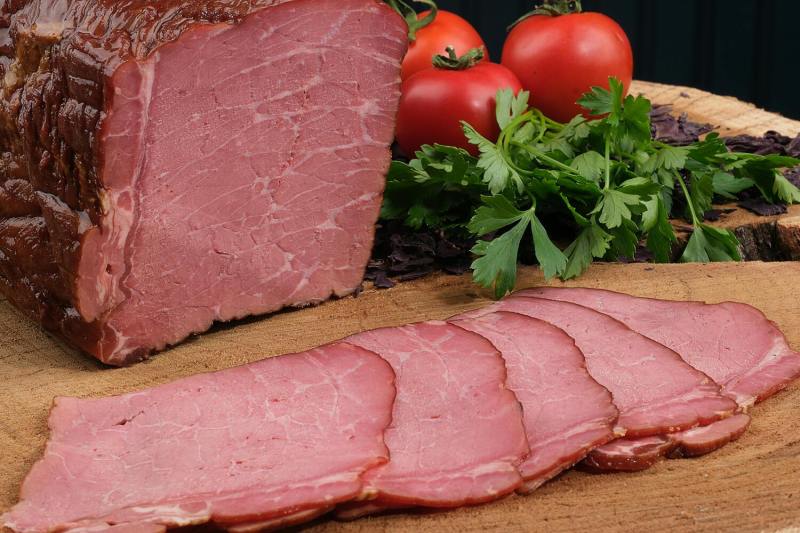Meal prepping can be difficult when you aren’t sure if your food choices are healthy for you. It can be twice as hard if you’re uncertain whether your favorite foods are good for you, too. Looking at different cuts of meat is one major task, as animal protein typically plays a role in many popular dishes.
If you’re a lover of roast beef, it can make you wonder, “Is roast beef healthy?” Are there more health-conscious ways to prepare it, and what meat can serve as a healthier alternative?
What are the benefits of eating roast beef?

Protection against anemia
Eating roast beef may help protect you from developing anemia. Roast beef is rich in iron, specifically the highly absorptive heme iron, as it’s red meat, so consumption may keep iron deficiency anemia at bay. The body counts on iron to form hemoglobin to transport oxygen, and doing this will keep your body strong and protected from fatigue and weakness.
Brain food and energy
Having roast beef is a great way to obtain B vitamins like B12. This is crucial for energy and brain function. You need vitamin B12 to produce energy within cells and to keep your brain operating efficiently. When there is a vitamin B12 deficiency, it’s common to see signs of central nervous system damage, like altered cognitive function, changes in behavior, and differences in touch and sensory cues.
Protein
Roast beef is a rich protein source that can benefit your health and wellness. The protein content allows your body to build muscle and carry out tissue repair. This is important for preserving your muscle mass. Protein also has a role in metabolism, as it helps you feel full for extended periods of time, helps break down nutrients after eating meals, and can work to burn fat stores.
Are there any downsides to roast beef?

Cardiovascular events
One downside to roast beef may be its adverse influence on cardiovascular health outcomes. Roasted beef may result in elevated levels of cholesterol and sodium, as well as fat, which could lead to heart disease. The sodium content can also contribute to high blood pressure.
Links to cancer
Consumption of red meats like roast beef has been associated with the onset of chronic diseases, including cancer. One position is that cooking meat at high temperatures can generate compounds that cause cancer.
Digestive issues
Eating roast beef can also cause gastrointestinal discomfort. GI troubles, like bloating, may occur because meat, particularly red meat, can be hard to digest. Beef doesn’t have much fiber content, which can impair regularity in bowel movements. Additionally, cooking methods can affect digestive enzymes, like proteases, which break down proteins, and this can ultimately impact the digestibility of meat.
Is roast beef healthy?

Meat choices are often held under the microscope because of widely discussed health implications, like elevated blood pressure, weight gain, or cardiovascular events, but you should note that roast beef does possess healthy characteristics.
Beef is a great source of protein and provides zinc, a powerful antioxidant. Additionally, it is high in collagen, which is necessary for the structure of blood vessels, teeth, and connective tissues. It would be best to eat roast beef in moderation to reap the benefits of the healthful components without being excessive enough to reap the disadvantages.
Nutrition facts for roast beef

Taking a further look into the nutritional content of roast beef, a typical 3-ounce serving consists of various macronutrients and minerals.
- Calories: 344 kcal
- Protein: 27.7 grams
- Carbs: 0 grams
- Fiber: 0 grams
- Fats: 6.36 grams
- Sugar: 0 grams
Roast beef contains many vitamins and minerals that support your health. This includes antioxidants like zinc, selenium, and iron. You’ll also find that beef is a good source of B vitamins, like B6 and B12. This balance of nutrients is effective for growth and maintaining efficient functioning of the body’s systems. With respect to iron and B vitamins, beef, as a source of these nutrients, is vital for blood formation, promoting brain health and driving the nervous system functions.
Healthier lunchmeat alternatives

Look out for lean meats, poultry, and fish for healthier lunch meat alternatives. You can make sandwiches with chicken breast or turkey, with an option of lean beef as well. Shake up your lunch meat routine by having salmon, halibut, or cod served on pitas with leafy greens and spices to create a sandwich-like fish taco. These leaner meats contain the protein you need without having to accept the sodium, fat, and nitrites in more processed meats.
Frequently asked questions

Is roast beef a healthy lunch meat?
Roast beef is classified as a red meat, which is typically deemed unhealthy and loaded with sodium. These types of meats are often processed and contain added fats. For a healthy lunch meat option, try turkey or chicken. These lean meat choices are good sources of protein, and you won’t have to get the added fat that usually comes with processed meat.
Is roast beef healthier than ham?
Roast beef is not necessarily any healthier than ham. Both meats are considered red and processed meats, with similar nutritional profiles. Both beef and pork contain vital nutrients like selenium and B vitamins, but they can also contribute to heavy sodium content and impact your cholesterol levels.
Is roast beef a processed meat?
Roast beef is a processed deli meat. Like most deli meats, it contains preservatives and undergoes processing, which could lower its standing as a healthy and high-quality food item.




